|
Keeping tradition alive in the country hills of rural Brazil in the region of Campos dos Goytacazes and its surrounding area is a blessing or a miracle. In fact, the Traditional Latin Mass has always persevered in the region and the Personal Apostolic Administration has brought the people to holiness of life! It is with renewed faith in the Lord as we approach the time of our Paschal Feast that we reach out for support in our project. If you are considering a special offering during Holy Week and the Easter season, please include Campos in your generosity. In this unique place in the world, your donation will help with maintenance for the priests and seminarians and for the sisters in their devout work with children and elderly disabled. Every dollar you donate goes very far in the Brazilian currency! Friends of Campos wishes you and your family a holy and blessed Easter! Click here to donate!
[Our website donations page (at www.friendsofcampos.org/donations.html) accepts Stripe or Paypal; there's also information for sending bank transfers.] Dear Donors and Supporters of Friends of Campos,
I write to inform you about important personnel changes in our organization. After serving Friends of Campos for five years, Ona has moved on from her role as President and is no longer with our organization. We deeply appreciate all that Ona has given in her many years of service to priests, seminarians, and the parish communities of Campos, and we wish her the very best in her next endeavors as a Catholic and leader. On account of Ona’s stepping down from her position, Dom Benedict Nivakoff OSB Prior has agreed to step in as President, and Grace Smith has taken on the role of secretary. I will continue serving as treasurer of Friends of Campos. With renewed trust in God and confidence that our effort is essential for the support of Apostolic Administration of St. John Mary Vianney, we will keep working on new projects and ideas to help this unique traditional Catholic diocese in Brazil. Sincerely, Alessandro Cota Treasurer Click here to download the announcement in PDF format.
Applications can be sent to ona@friendsofcampos.org The seminarians have made this video showing aspects of daily life at the seminary as well as expressing their gratitude for your help, and their hopes and needs for the coming year.
Dear Friends, I returned from Campos last month, my first visit in more than two years due to the pandemic. The visit was shorter than I would have liked, but in a few days I was able to see and be encouraged once again by the 40,000 person strong traditional diocese. In an age when death and decline are much about us, that wild, mountainous terrain is filled with life and growth. It reminds one of how the church must have looked in Italy a few centuries ago, with religious orders everywhere, catholic families abundant, and architectural delights appearing in all corners. It was perhaps this last that makes the biggest impression since it is so noticeable and so iconic. Not a church or shrine or hospital or seminary exists where some project small or large to improve is not ongoing. With colonial baroque or continental gothic as models, new churches spring up unexpectedly, built for hundreds of faithful to use at a time, and old churches see new decorations. The church of Bom Jesus and the seminary of the Immaculate Conception are two examples of this. In the former there are 5 Masses on a Sunday filling the 800 capacity church to the brim. Meanwhile decorators carefully paint the ceiling in blue and gold. In the seminary, the facade has just been completed and painted and rooms are ready to hold 80 seminarians. And how is there so much life and growth? While the work of the bishop, priests and religious all contribute, it is the Faith expressed through their love of Tradition which unites them throughout. Once again I encourage you to support this good work that through our little help, and God’s protection, they might continue to flourish in these difficult times. In Christ, Dom Benedict Nivakoff, O.S.B. The sisters gave us a lovely short concert on our visit in September, using the new instruments the donations from Friends of Campos helped to purchase. It was very touching to see them taking advantage of the donations to build an ever-growing, ever-improving sacred music program. They also sing and play at the town cathedral and are responsible for the formation of many children, so their development in music positively impacts the entire community. There is a very cool pilgrimage in a rural and remote village in the diocese of Campos that happens each September. It involves a long steep hike up to a mountaintop Crucifix, where Mass is celebrated to commemorate a miraculous gift of rain that saved the coffee harvest years ago.
This reel on instagram has video clips of the day’s events. Remember this? That was the seminary in 2004. Eighteen years later they are finally completing the building. Take a look! As the finishing touches are put on the cementing and painting of the exterior, the driveway is slowly being paved. This month a local business donated the use of machinery for grading and compacting the driveway and funds are being raised in the parishes to buy the paving blocks that are being laid (they are about 10 dollars USD per square meter, and 2000 square meters are needed): The fire road around the perimeter of the large property was also re-graded. It’s important to maintain and improve this road to protect against grass fires in the dry season or during sugar cane harvests. When properly compacted and finished it will also be a lovely loop for the seminarians to use when exercising.
Friends of Campos was honored to be interviewed on the “Le Nouvel Esprit” Catholic podcast. We talked about the history and current situation of the Apostolic Administration and our experiences visiting Campos. Le Nouvel Esprit is a new Catholic podcast - please take a look and share the link! The podcast page is here, or you can listen on Youtube.
Seminarian Wanderson was ordained to the subdiaconate on August 21st. Please pray for him!
Here are a few photos of the ceremonies: |
Friends of Campos, Inc.Friends of Campos, Inc. is a US-based not-for-profit (501c3) which supports the social and educational projects of the Personal Apostolic Administration of Saint John Mary Vianney, most of which are located around the diocese of Campos dos Goytacazes in the state of Rio de Janeiro, Brazil. Archives
April 2023
Categories |
FRIENDS OF CAMPOS, INC. is a 501(c)(3) tax-exempt organization.
© 2023 Friends of Campos, Inc.

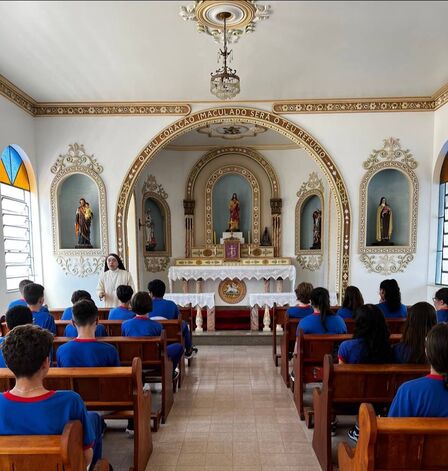
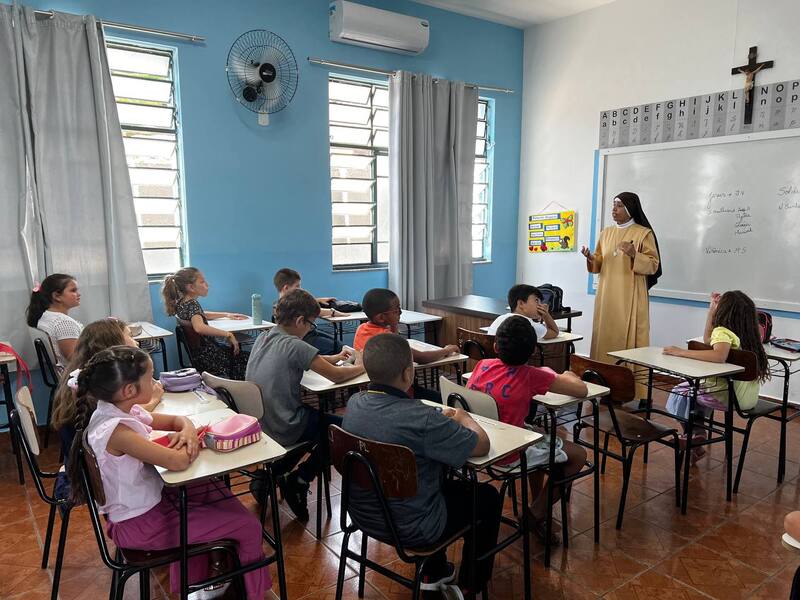
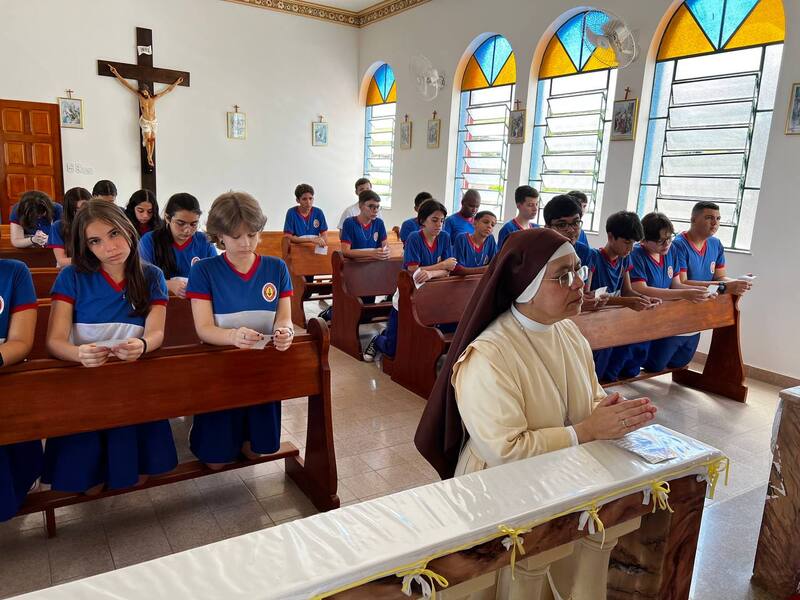
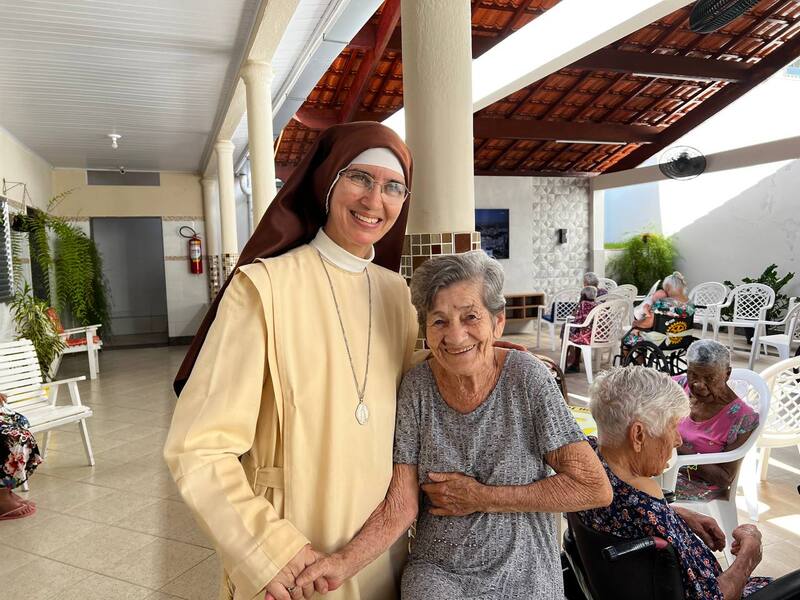

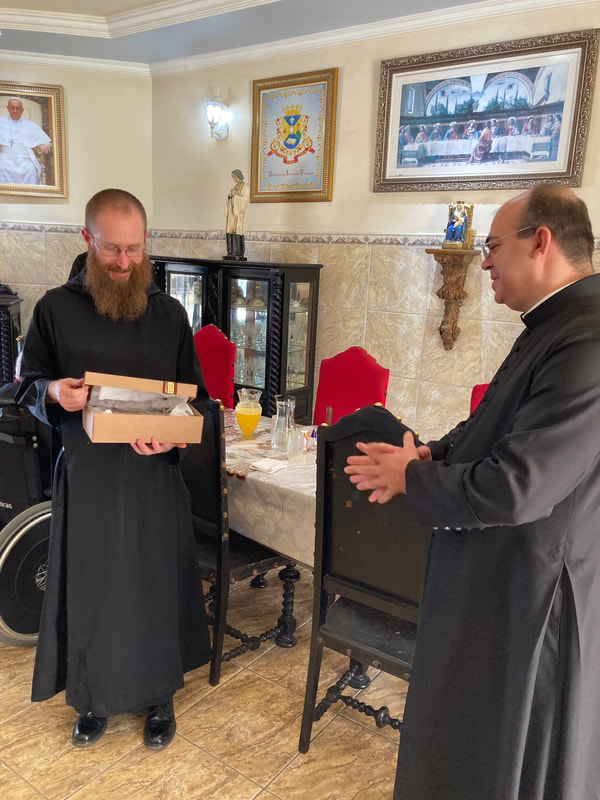
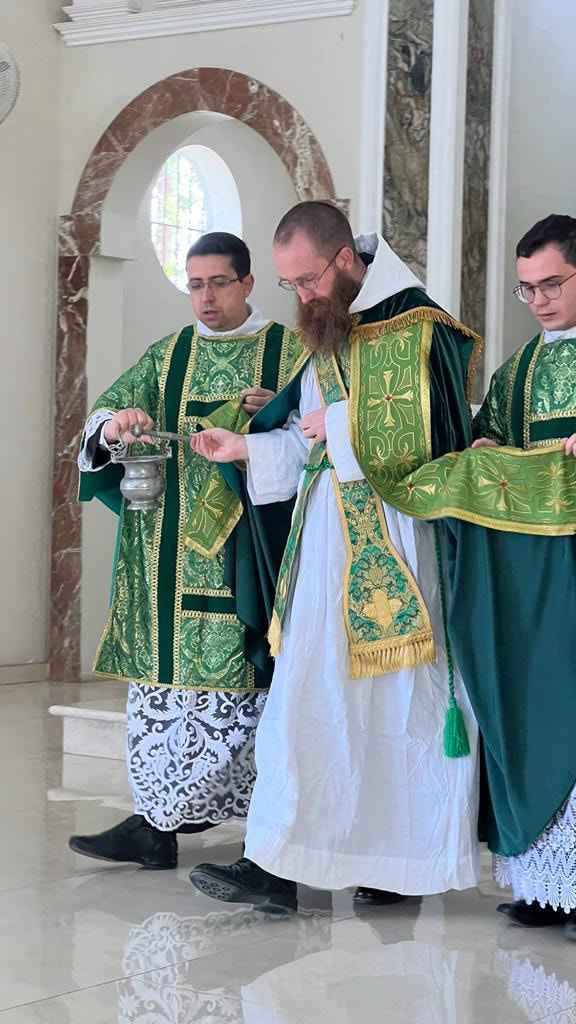
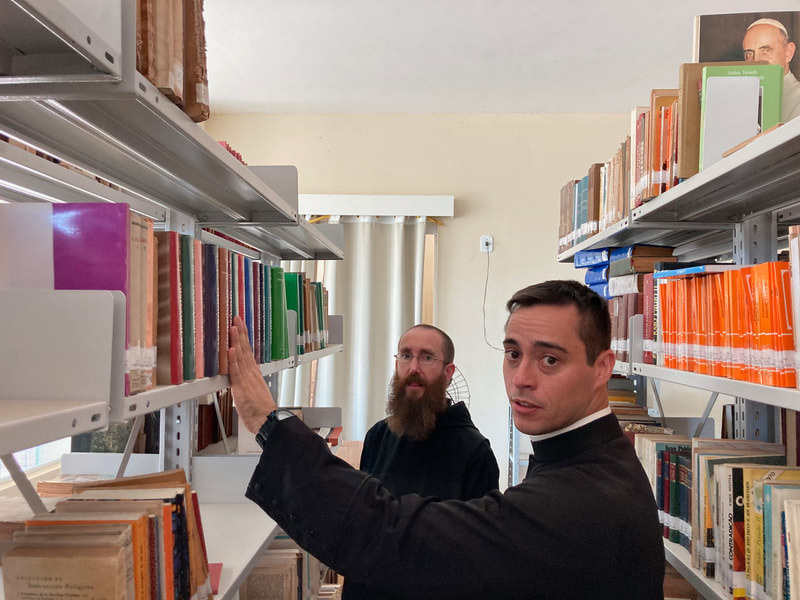
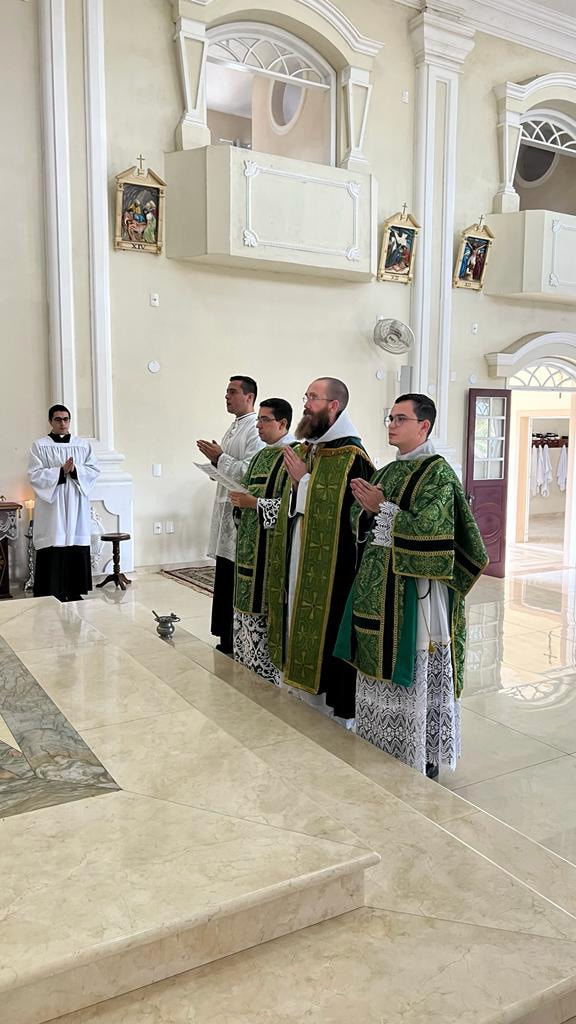
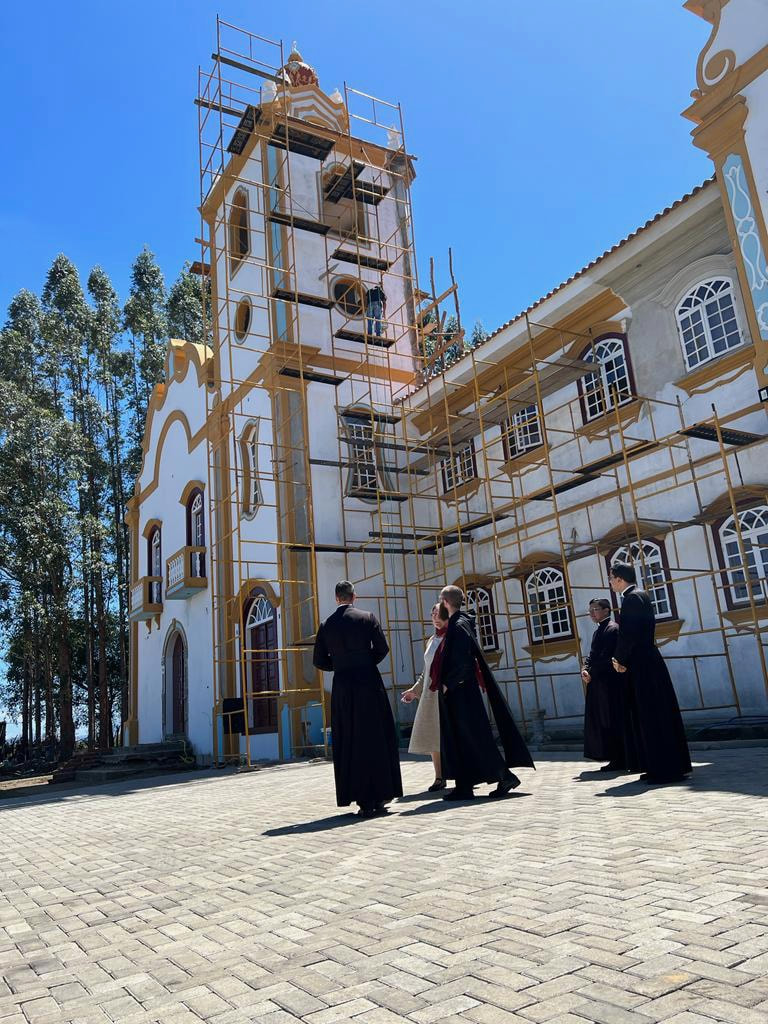
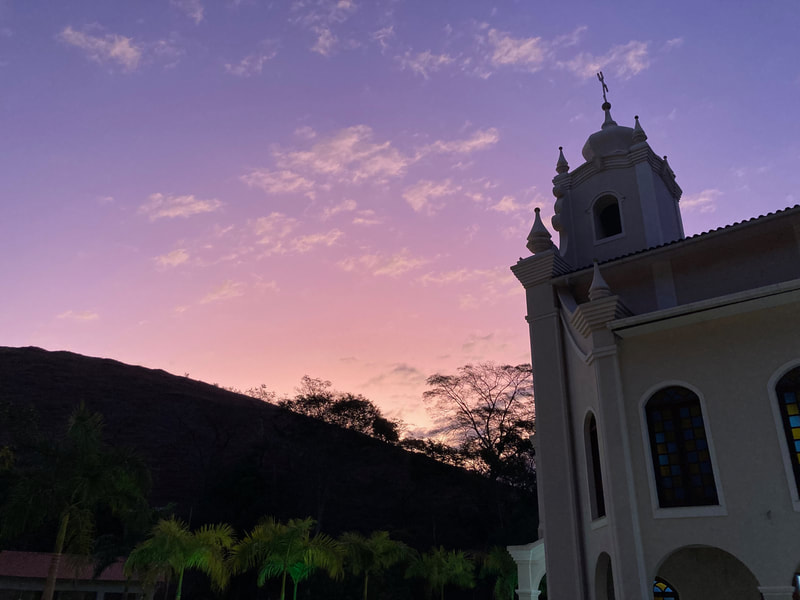
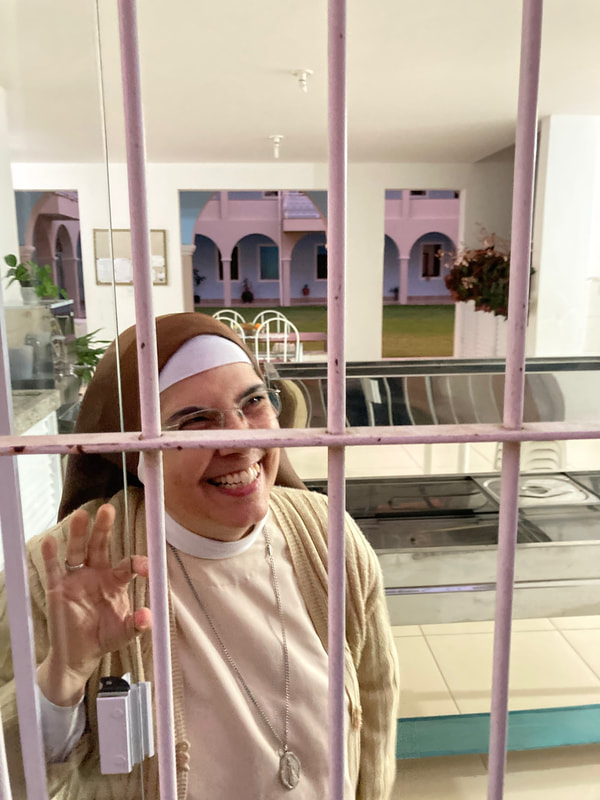
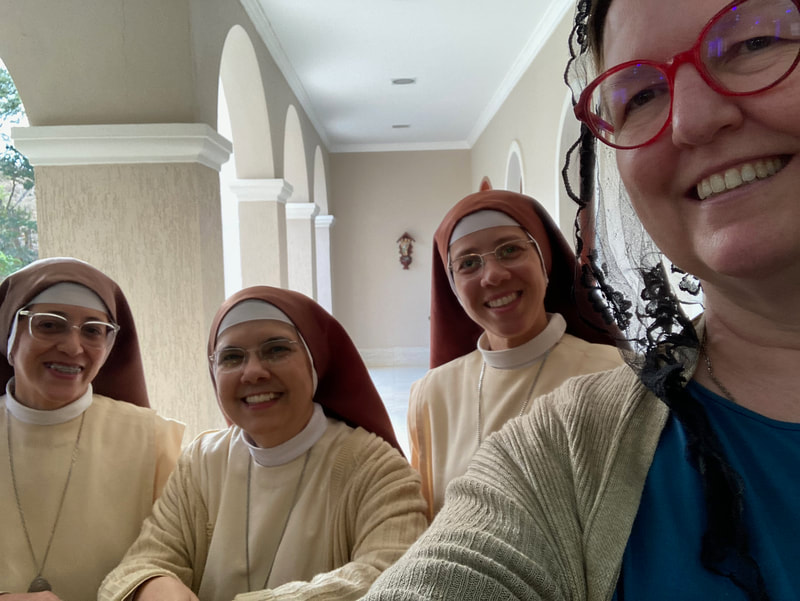
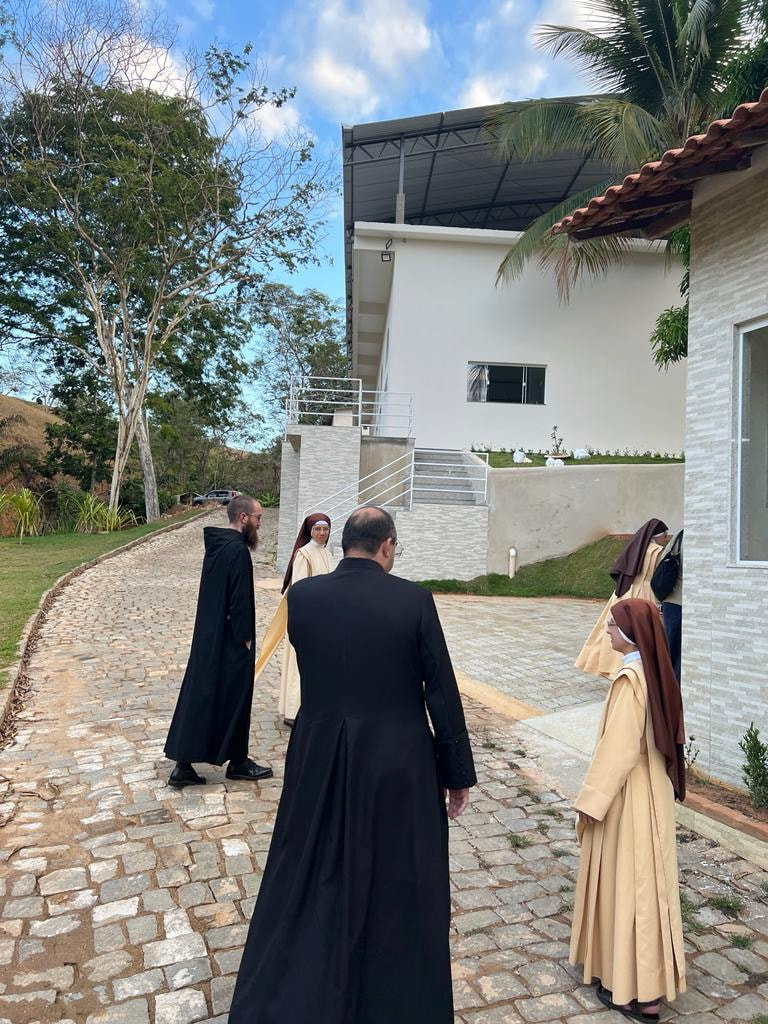
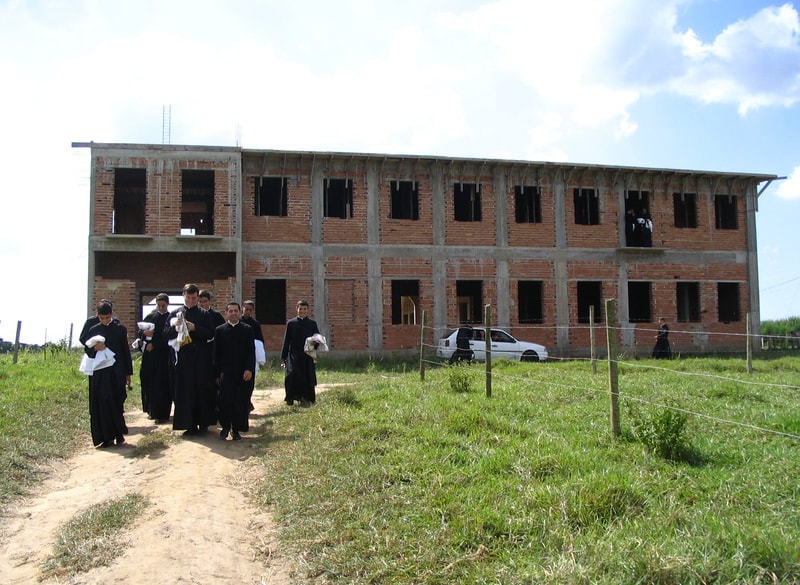

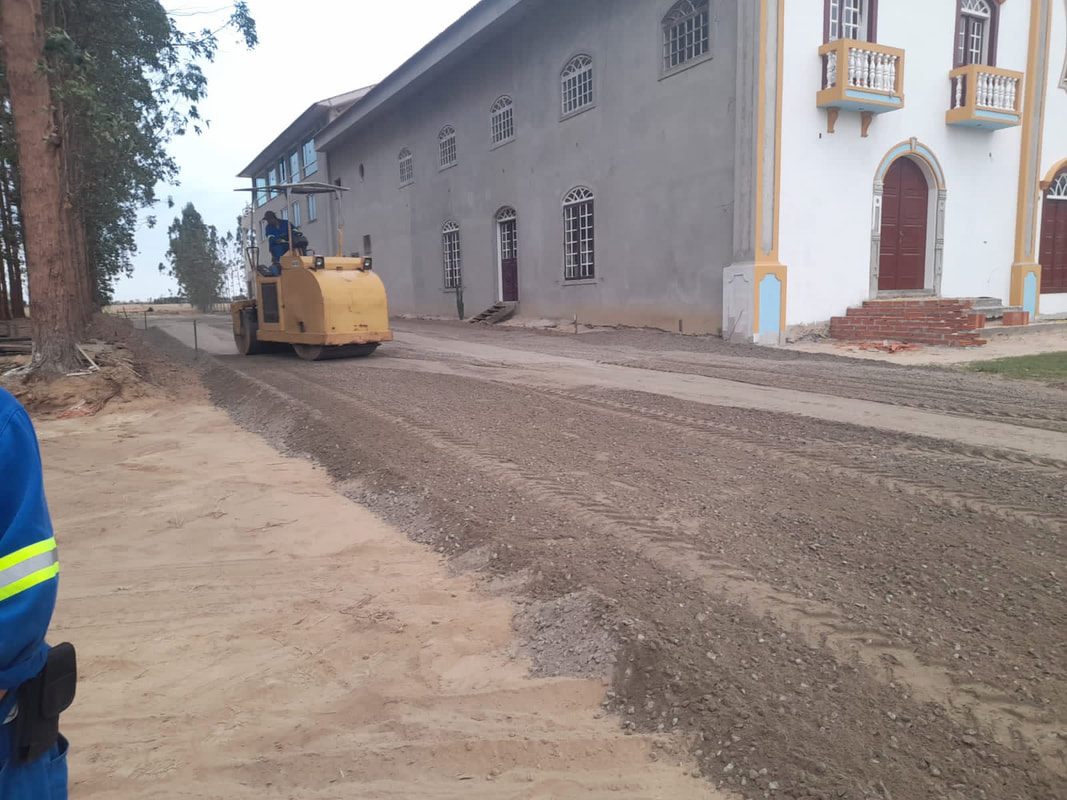
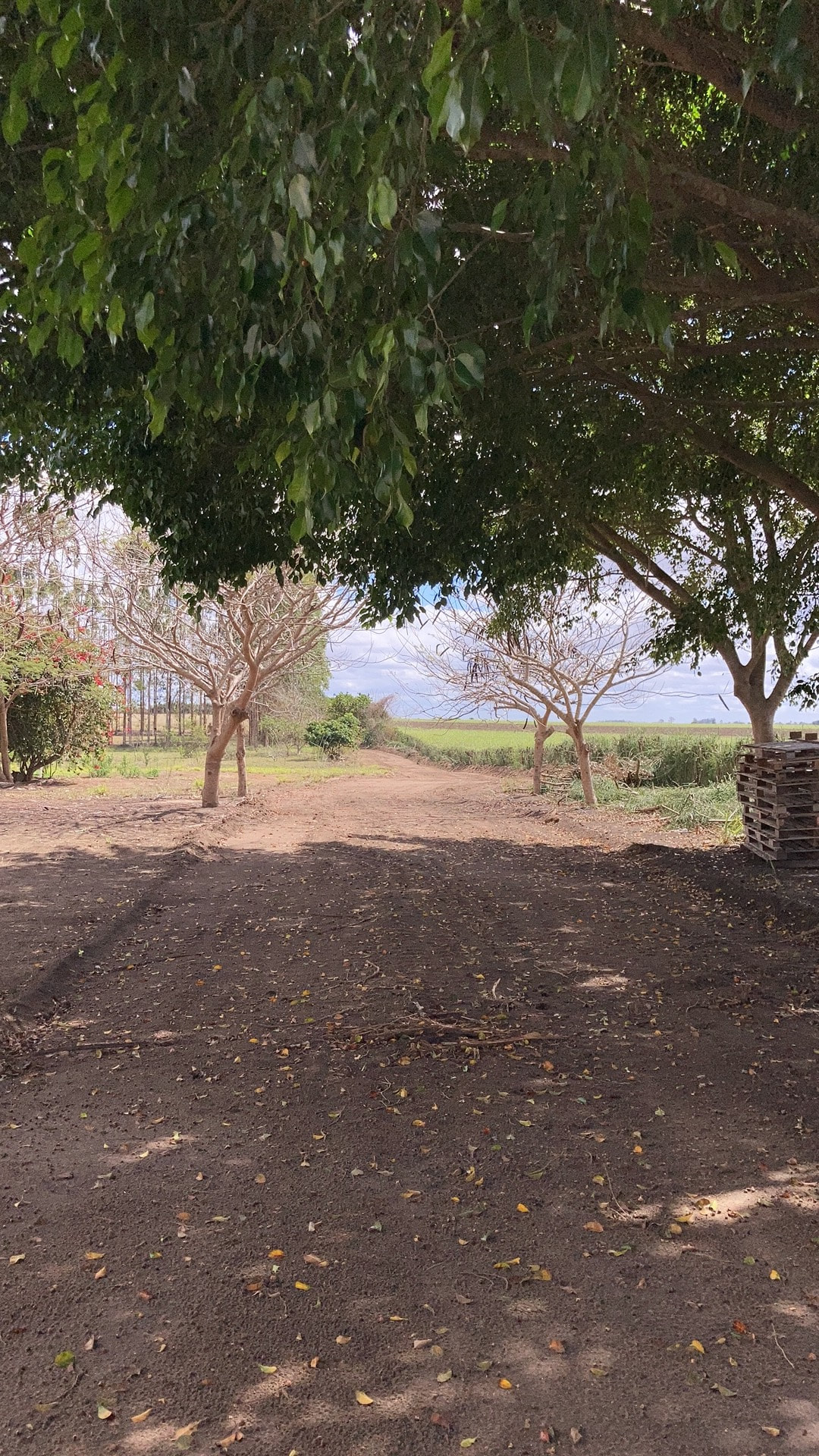
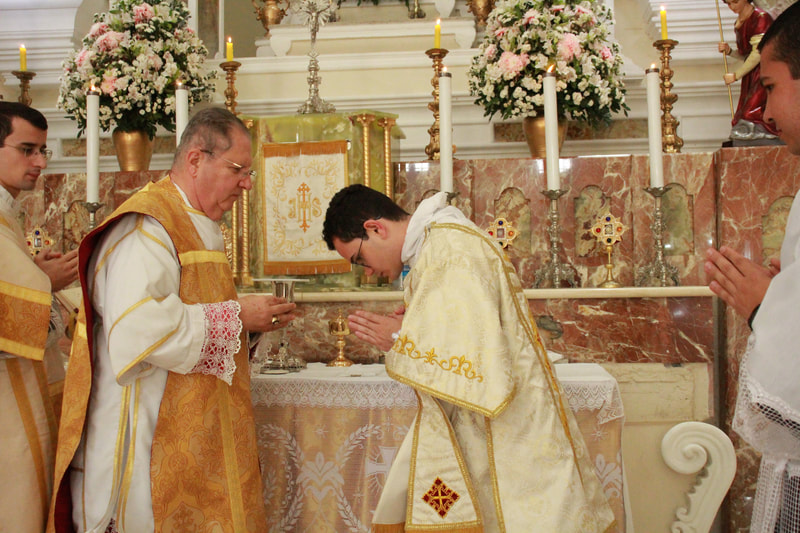
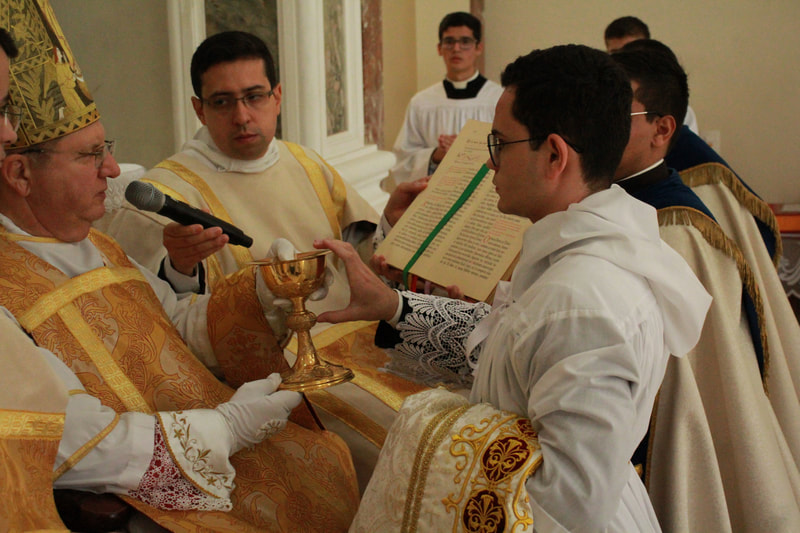
 RSS Feed
RSS Feed